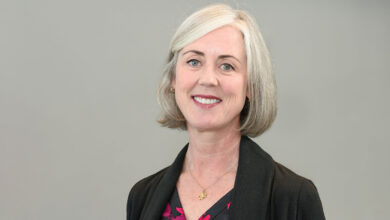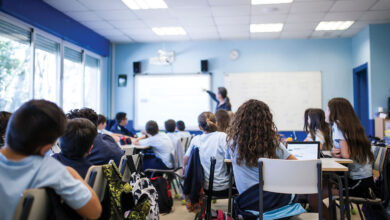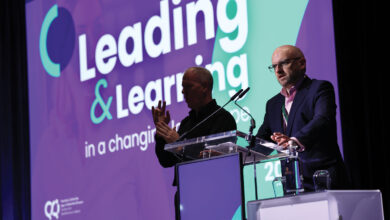Programme for north-south education collaboration agreed

Education ministers, north and south, have agreed a revised work programme intended to enhance collaboration in key education areas.
Education is one of many areas in which the Government and the Executive in the North seek to co-operate through the medium of the North-South Ministerial Council (NSMC). In its most recent meeting on education, the NSMC agreed a new education work programme as a basis for collaboration between the two jurisdictions.
The agreed work programme focuses on:
- special education and inclusion;
- educational disadvantage;
- teacher qualifications;
- school, youth and teaching exchanges;
- digital/artificial intelligence in schools and education;
- early years education; and
- cooperation under the Common Travel Area.
The work programme follows a number of recent education commitments by the Government, under the Department of the Taoiseach’s Shared Island Initiative, to support cross-border education collaboration.
The first of these is a €13.3 million funding package for the PEACEPLUS Programme, which aims to facilitate civic exchanges, youth mental health, and peace and prosperity in educational settings in the border regions.
The other significant commitment is a €24 million package for a pilot cooperation programme in 2024 and 2025 to address the “educational disadvantage”, supported by an allocation of €24 million from the Government’s Shared Island Fund.
Speaking to eolas Magazine in early 2024, then-Minister for Education Norma Foley said: “We have young people from Northern Ireland who are on the border working in the South with us and [people living in] the South working and crossing over [to the North].
“The more closely we can work together, learn from each other and support each other. I think even the vision of the shared Island, even by its title, is a significant one,” she said.
At the NSMC meeting, the two ministers agreed that respective inspectorates, along with their commissioning departments, will explore the potential for funding to enable either or both inspectorates to be commissioned as the evaluators of choice/preferred evaluators and to provide a complete monitoring assurance evaluation service to relevant projects and programmes.
They further committed to the “cooperation and sharing of knowledge in early years education”, further agreeing to programme share information on respective research models and structures, as well as approaches to skills and governance.





